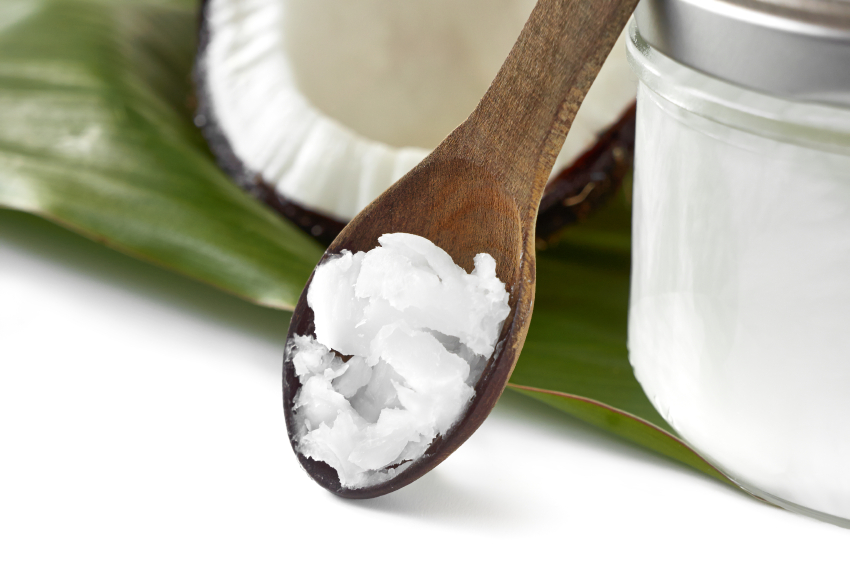Coconut oil. Once it was a pariah. Now it is all the rage. What exactly is coconut oil? And what are the health benefits of coconut oil?
Coconut oil is oil extracted from the meat of the coconut, the kernel inside of the shell. In other words, the part that gets shredded.
What is extra virgin coconut oil?
Virgin (sometimes called “extra virgin”) coconut oil is extracted from fresh, mature coconuts using minimal processing. However, unlike with olive oil, there are no standards for what constitutes “virgin” coconut oil.
How is coconut oil made?
Coconut oil can be made manually, by extracting the kernel from the shell and then grinding it in a stone mill or in a mortar and pestle to extract the oil. It can also be extracted by using a centrifuge. Some processes use the chemical hexane to extract even more oil from the kernel than can be extracted by hand.
What is refined coconut oil?
Refined coconut oil, in contrast to unrefined (“virgin”) coconut oil, is more heavily processed. Sometimes called RBD (refined, bleached, and deodorized), refined coconut oil has little of the flavor of the coconut. RBD coconut oil can also be further processed to increase its melting point from the typical 76°F (24°C) to 97–104°F (36–40°C).
What is the smoke point of coconut oil?
Coconut oil is very good for frying, as it has an exceptionally high smoke point (351°F). It has long been used to make movie theater popcorn. Some oils, if they are heated to too high a temperature, can develop carcinogenic, or cancer-causing, elements. Because coconut oil has such a high smoke point, there is no carcinogenic effect when it is used for frying.
Is coconut oil high in saturated fat?
Coconut oil got its bad reputation because it is high in saturated fats. However, many studies have shown that saturated fat isn’t necessarily bad for you. It can even be better for you than other types of fat. Because of its high saturated fat content, coconut oil is slow to oxidize. Slow oxidation means that it is less likely to go rancid, and therefore has a much longer shelf life than other types of oil.
Nutritionists believe that the reason coconut oil is better for you than other types of oils is because coconut oils is made up of medium chain fatty acids. Medium chain fatty acids may not carry the same risks as fatty acids found in other types of oil.
What is lauric acid? Is it good for me?
One of the fatty acids in coconuts, lauric acid, is associated with high levels of “good” cholesterol (LDL and HDL cholesterol) in the body. When you eat lauric acid, it is converted to monolaurin, a healthy fat otherwise only found in breast milk.
What else can coconut oil be used for?
Coconut oil can also be used as a transport fuel. Many cars and truck in the Philippines run on coconut oil. Coconut oil is also touted as an exceptionally effective moisturizer, a protein treatment for hair, a personal lubricant (although it is not compatible with latex), and a major ingredient in soap making.
With coconut oil becoming more popular, and more widely available, it is likely we’ll see coconut oil in more and more products. It’s likely we’ll also see more and more people choosing to cook with this popular ingredient.
Start enjoying the health benefits of coconut oil today!

“Coconut oil. Once it was a pariah. Now it is all the rage.”
I didn’t realize olive oil is regulated.
Thank You for this fun, pleasing to the eyes, and informative website.
And, thank You for Oxford Commas.